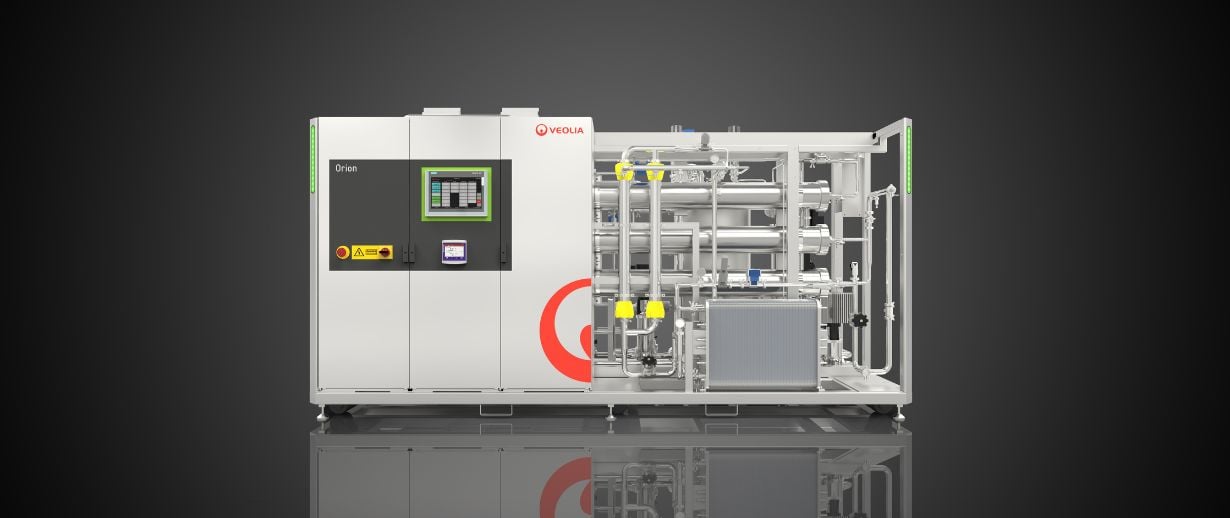For all sectors, finding new ways to reduce overall water consumption is critical, with both environmental and cost implications to consider. Here we explain further and consider some of the methods and technologies that can help.
Why Cut Down On Water Consumption?
Humanitarian concern

The effects of climate change are restricting water availability substantially around the world. Soaring temperatures are causing water resources to evaporate and long periods of drought mean that this lost water is not being regained quickly enough. Simultaneously, the global population continues to grow, meaning that the demand for water is increasing.
The wider impact of this water shortage cannot be underestimated. According to UNICEF, half of the world’s population could be living in areas facing water scarcity by as early as 2025. Furthermore, the United Nations (UN), believes that 700 million people worldwide could be displaced by intense water scarcity by 2030, resulting in mass immigration and political instability.
Thankfully, we can make a difference. Currently, according to the United Nations, while the bulk of free water is withdrawn by agriculture, 28% is extracted by both municipalities for households and industrial facilities. As such, companies within these sectors can make a significant impact by reducing water consumption; but all sectors have a role to play and reusing or recycling process water or wastewater is a great place to start.
Environmental concern

For industrial and municipal organisations, wastewater discharged into natural water resources can impact on local plants and wildlife. Typically, untreated wastewater will include a variety of harmful substances such as Arsenic, Ammonium, Total Organic Carbon (TOC) as well other heavy metals, pathogens and toxic chemicals.
Once in the natural water, these substances will attack habitats and lower the fertility of local species, causing the level of wildlife activity to drop. This impact will then multiply throughout the food chain. As this has become further realised, wastewater discharge consent standards have been tightened in many areas of the country. By reusing or recycling water, this impact can be further minimised.
Financial incentive

Failure to adhere to Ofwat’s consent standards can result in heavy fines for the company or plant responsible. Furthermore, the price of water will continue to rise as demand continues to increase. Therefore, water reuse is a practical way to cut costs, reduce the risk of fines and overall increase company profitability.
How To Cut Water Usage?
Recycling water
One method to reduce water consumption is to recycle wastewater back to a plant inlet and treat it once again. For example, the water that is rejected by reverse osmosis (RO) has a high level of total dissolved solids (TDS) and is sent to a reject stream where it is discharged. However, this reject stream can be fed through a secondary RO unit to treat it again. The permeate from this second RO system can then be recycled back to the feed of the main system. Some technologies incorporate this recycling process into a single system.

For example, with our Orion solution, the water rejected from the RO is split into two streams - one to drain, whilst the other is directed through the RO concentrate recycle pump to feed back into the main RO. As such, the total discharge volume is lowered.
Since RO is used in several different sectors, including industrial, municipal and healthcare, this idea can be implemented within a huge range of applications.
Reusing water

It is often assumed that wastewater is worthless and has to be discharged when in some cases it can be reused for other applications. For example, industrial wastewater that results from process or washing water can be treated and used as boiler feed or for cooling processes and certain types of cleaning activities. As well as minimising water use and discharge costs, this can also help to save energy as wastewater often retains its high temperature meaning less energy is required to re-heat it if needed.
In some industries, like distilling, wastewater that is not at all contaminated is often sent to the drain, having been only used for cooling processes. In these circumstances, the water can simply be recirculated back round the system and reused for the same application without any treatment, lowering water discharge levels considerably.
In healthcare facilities, RO reject water can be reused as grey water in toilet units or to water onsite gardens. It can also be used to create steam for sterilisation.
These are just a couple of examples of how we help can help our customers reduce their water consumption. By finding methods of recycling and reusing process water and wastewater, industrial companies can protect the environment and help to combat water scarcity issues, the silver lining is you can significantly lower operational costs as well.
Talk to one of our experts about how you can reuse and recycle the water on your site here.